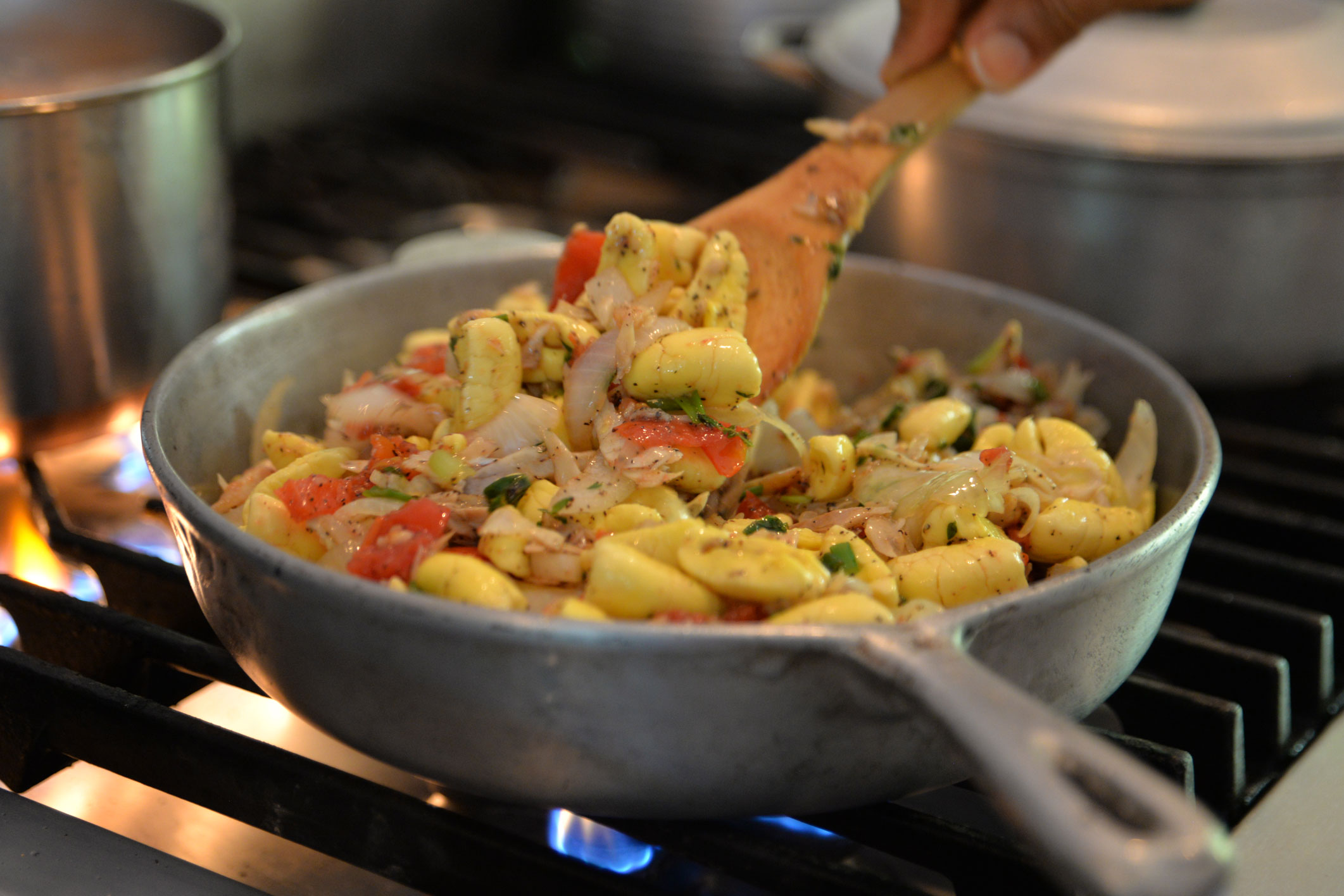
ChlorExpo, a detailed study of dietary exposure to chlordecone in the French Caribbean population
The field part of the ChlorExpo study, launched by ANSES in early 2021, will begin in Guadeloupe and Martinique in July 2021. The goal is to obtain an accurate picture of the population's level of dietary exposure to this contaminant. It takes account of food procurement, preparation and cooking practices and aims to formulate practical recommendations to further reduce exposure to chlordecone.
The ChlorExpo study is planned to run for three years. It follows on from ANSES's previous work on assessing the risk associated with dietary exposure to chlordecone for the French Caribbean population.
The latest scientific data taken into account
With the results of new studies now available, a re-assessment of the French Caribbean population's dietary exposure to chlordecone seemed warranted, in particular to take account of food procurement and cooking methods. Indeed, a recent study conducted by ANSES showed that cooking meat could reduce the level of chlordecone in this food. There are not currently any similar data for other foods (fish, eggs, etc.) containing chlordecone residues, hence the need for further work on the subject.
A study within the framework of the national chlordecone IV plan
The ChlorExpo study is part of the national chlordecone IV plan (2021-2027), one of whose measures concerns the reassessment of dietary exposure of populations to chlordecone, following the results of the Kannari study (PDF) published by ANSES in 2017. It is being funded by the Ministry of Solidarity and Health's Directorate General for Health (DGS) and ANSES.
A multi-phase study
The first phase of ChlorExpo involves studying the habits of the population, to get as close as possible to actual practices of food procurement, preparation and cooking. To do this, Ipsos Antilles will carry out a scientific survey from July 2021 for around two months, in approximately 750 households in Guadeloupe and 750 in Martinique. Participants will be selected in order to obtain a representative sample of the population of households on the two islands.
The results of this scientific survey will be analysed and used to prepare the next phases of the study. Food samples will be taken from the different distribution channels identified, according to the survey responses. Similarly, care will be taken to ensure that these foods are prepared in a way that reflects French Caribbean practices as closely as possible, based on the cooking (methods, containers, etc.) and preparation practices (peeling, etc.) identified. The foods thus prepared will then be analysed in the laboratory for their chlordecone content.
Taking account of the actual practices of the French Caribbean population will therefore make it possible to quantify the population's exposure to this contaminant more precisely. ANSES aims to use the findings to formulate new practical recommendations, based in particular on food preparation and cooking methods, to further reduce exposure.
Conditions for participating in the survey on food procurement, preparation and cooking practices
Participation in the survey is entirely voluntary. It is not linked to any commercial activity. All data collected will be anonymised and kept confidential. In accordance with the law, you have a right to access and rectify any information that concerns you during the entire period of the survey. You may exercise these rights (access, rectification and deletion) and obtain the information concerning you at any time, via the following email address: dpo.france@ipsos.com or by post: Ipsos – Data Protection Officer – 35 rue du Val de Marne – 75 013 Paris, France.